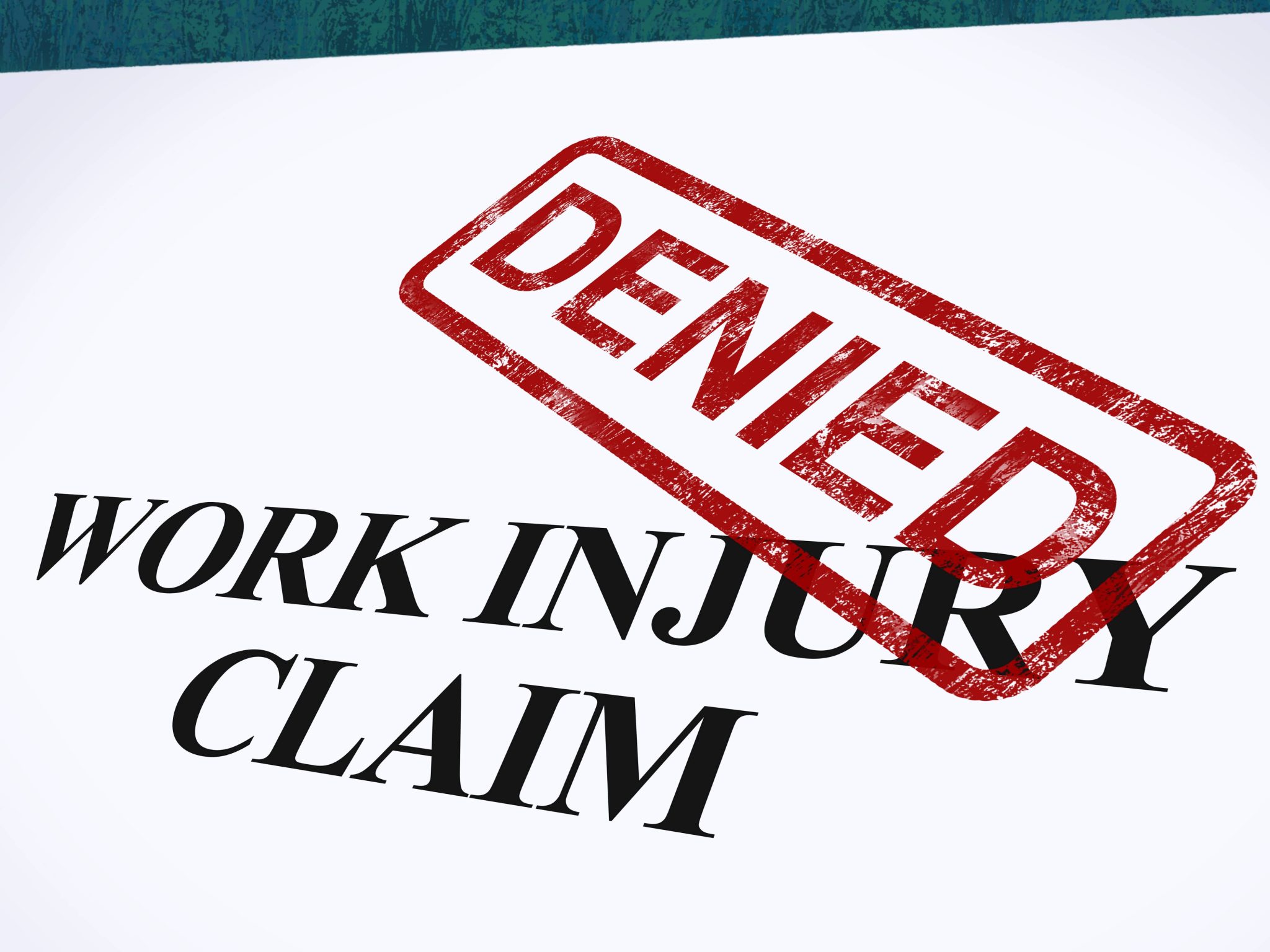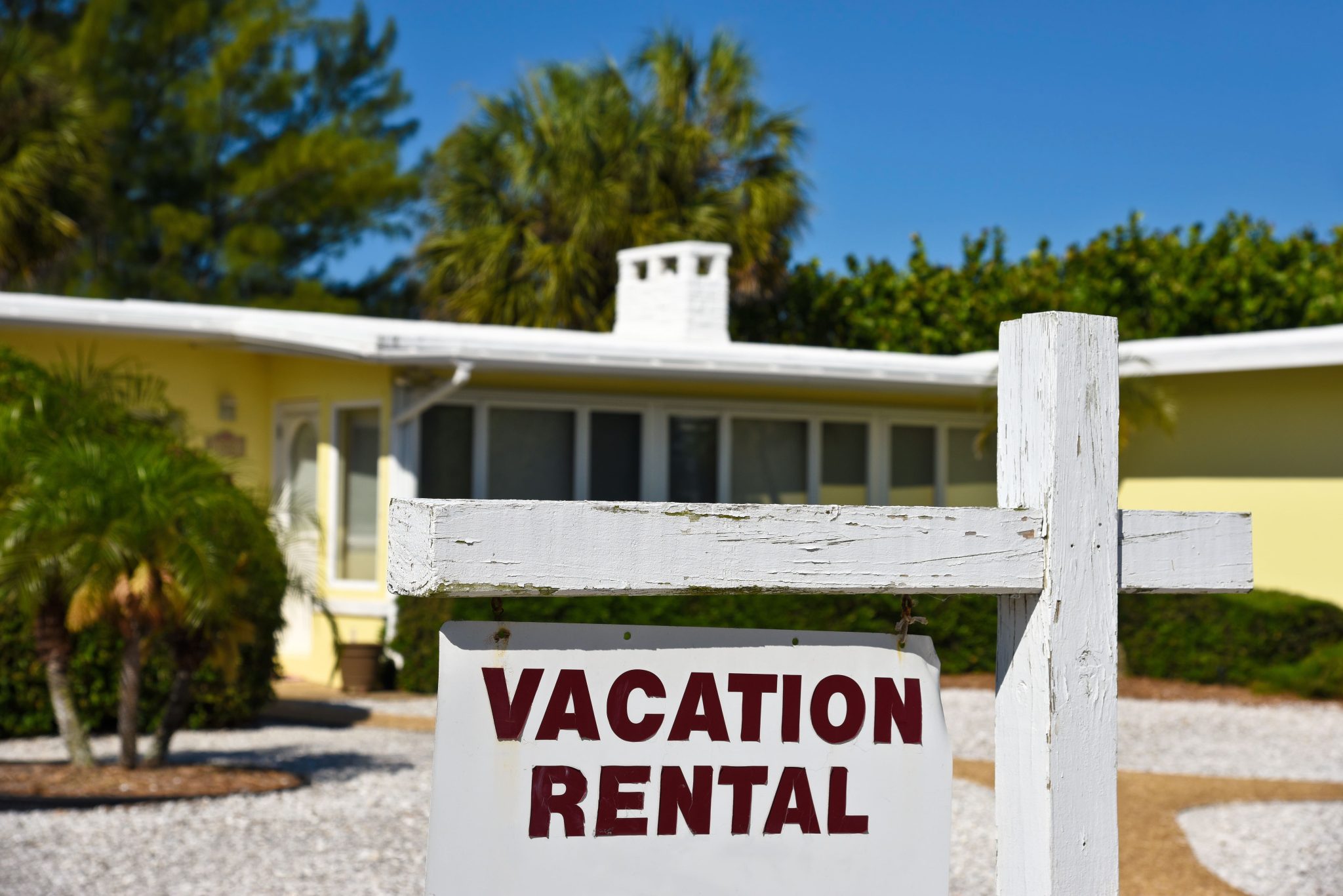
¿Qué tan comunes son los colapsos de las grúas?
2 de abril de 2022
¿Por qué se negó mi reclamo de compensación laboral?
12 de abril de 2022
Airbnb y otros servicios similares de alquiler a corto plazo se han hecho cada vez más populares en los últimos años, sobre todo en estados como Florida. Alojarse en una casa o condominio totalmente amueblado suele ser preferible a compartir paredes con un montón de turistas en un hotel. También permite a la gente alojarse más cerca de su destino final, como las playas de Florida.
Por desgracia, tanto para los viajeros como para los propietarios, muchas cosas pueden salir mal en vacaciones. La gente puede divertirse demasiado y caer enferma, o tropezar borracha por una escalera y romperse una pierna. O puede que simplemente dañen la propiedad, dejando al propietario con un desastre y una factura de reparación elevada.
¿Cuáles son exactamente las obligaciones y responsabilidades de ser propietario de una vivienda de alquiler a corto plazo? ¿Quién paga las lesiones o los daños cuando se producen?
Lesiones por alquiler a corto plazo
Leyes de responsabilidad civil son similares en todas las propiedades. El propietario no es responsable de la intoxicación o torpeza de un invitado o visitante en la mayoría de los casos. Si alguien se lesiona en su propiedad porque estaba borracho, es probable que usted no sea responsable de sus lesiones, especialmente si usted no estaba allí y no les sirvió el alcohol.
La situación puede ser diferente si las lesiones que sufrieron en estado de embriaguez se debieron en parte a un defecto de la propiedad. Si la escalera de su Airbnb tenía una barandilla suelta que se rompió cuando alguien la agarró para sujetarse, usted podría ser responsable de las lesiones resultantes.
Como en todas las demandas por responsabilidad de los locales, se trata fundamentalmente de determinar si el defecto fue la causa de la lesión. Si la caída y la lesión subsiguiente no se hubieran producido de no haberse roto la barandilla, usted podría ser responsable.
La intoxicación puede complicar las cosas para el demandante. La responsabilidad personal es una defensa frecuente en los casos de responsabilidad de las instalaciones. Los demandantes pueden tener problemas para responsabilizar a un propietario de sus lesiones si el descuido o la distracción desempeñaron un papel en el accidente. En compañía de seguros puede argumentar con éxito que el invitado no habría perdido el equilibrio si hubiera estado sobrio.
Los casos de responsabilidad de las instalaciones con frecuencia requieren una investigación para determinar exactamente lo que sucedió y quién es el responsable final. Si usted está tratando de presentar una reclamación contra un propietario de alquiler a corto plazo, usted puede beneficiarse de hablar con un abogado sobre su situación.
Datos y estadísticas sobre lesiones en el alojamiento
Puede que no sorprenda que empresas de alquiler a corto plazo como Airbnb y Vrbo sean reticentes a publicar estadísticas de reclamaciones por lesiones. El crecimiento de sus negocios requiere que nuevos anfitriones y huéspedes se unan a la plataforma. Sin embargo, probablemente podemos asumir que las reclamaciones por lesiones en alquileres a corto plazo son un poco más altas que la media nacional, ya que muchas personas son más propensas a hacer reclamaciones en otras propiedades.
Además, si se tiene en cuenta el hecho de que un cierto porcentaje de inquilinos reservan propiedades específicamente para comportamientos de alto riesgo, la probabilidad de que se produzca un siniestro en un alquiler a corto plazo puede ser aún mayor. Cabe señalar que desde que Airbnb introdujo su sistema antipartidos en 2020, han declarado que sólo .039% de reclamaciones están relacionados con las partes.
En términos más generales, sólo 2,1% de todos los siniestros del seguro de hogar implicaron lesiones corporales o pagos médicos. Aunque esa cifra parece especialmente baja, hay que tener en cuenta que una unidad de Airbnb puede recibir docenas de visitantes al año y funcionar durante varios años.
Incluso si se utiliza la cifra de 2,1% sin tener en cuenta los supuestos anteriores, eso significa que las probabilidades de que una sola unidad vea un siniestro en un año son aproximadamente de 1 entre 50. Podemos multiplicar esa cifra por el número de unidades y años de alquiler. Podemos multiplicar esa cifra por el número de unidades y años de alquiler. Así pues, en igualdad de condiciones, un propietario que explote tres unidades de alquiler a corto plazo en el transcurso de cinco años tiene aproximadamente una probabilidad de 1 entre 3 de que un accidente dé lugar a un siniestro.
Seguro de hogar y cobertura de la plataforma de alojamiento
Si se lesiona en un Airbnb, Vrbo, u otro alquiler a corto plazo, hay algunas noticias potencialmente buenas. La mayoría de las plataformas de alquiler a corto plazo ofrecen un seguro de responsabilidad civil al anfitrión. En la plataforma Airbnb, la cobertura es gratuita y cubre hasta $1 millones si el anfitrión es responsable de lesiones corporales a otras personas durante su estancia.
Debido a que el estado de Florida sigue una ley de negligencia comparativa modificada, el anfitrión sólo es responsable del porcentaje de daños del que es responsable. Por ejemplo, si un huésped tropieza y se lesiona, el tribunal determinará el porcentaje de responsabilidad. El tribunal puede decidir que el huésped es 40% responsable y que el anfitrión asume 60% de la responsabilidad. Si los daños ascienden a $100.000, el seguro del anfitrión sería responsable de $60.000.
Los anfitriones pueden ser considerados responsables de las condiciones inseguras de la propiedad, pero por lo general no son responsables de las acciones de un huésped a menos que haya negligencia de por medio. Por eso es esencial que los anfitriones inspeccionen periódicamente la vivienda en busca de posibles peligros, como socavones en el césped, desperfectos en el suelo, riesgos eléctricos, fallos en el sistema de seguridad, etc.
Opciones de seguro alternativas
Muchas compañías de seguros ofrecen pólizas de seguro de alquiler a corto plazo para cubrir los tipos tradicionales de daño a la propiedad y reclamaciones por responsabilidad civil. Hay incluso algunas compañías de alquiler a corto plazo especializadas en asegurar propiedades de alquiler o casas de vacaciones poco ocupadas en zonas con un alto índice de siniestralidad. riesgos de catástrofes naturalescomo Florida.
El seguro de responsabilidad civil y de propiedad para alquileres de corta duración es un gran negocio, por lo que los propietarios tienen muchas opciones. Debes comparar precios y encontrar la solución que ofrezca la cobertura más completa a los mejores precios.
Preguntas frecuentes sobre la responsabilidad civil por alquileres de corta duración
Las siguientes son algunas de las preguntas más frecuentes que nuestros abogados de lesiones personales reciben de inquilinos lesionados. Si usted ha sido lesionado en un Airbnb u otro alquiler a corto plazo, póngase en contacto con los abogados de lesiones personales Kanner & Pintaluga para un consulta gratuita. Puede plantear sus preguntas concretas a un abogado especializado en lesiones personales.
¿Puede la compañía de seguros denegar una reclamación si no estoy ocupando mi vivienda y un inquilino resulta lesionado?
Tal vez: si no informa a su compañía de seguros de que está alquilando su casa y un inquilino o invitado sufre lesiones y presenta una reclamación, ésta puede ser denegada. Es importante informar a tu aseguradora de los cambios en la ocupación de la vivienda.
Aunque vayas a dejar una casa vacía durante un largo periodo de tiempo, es necesario que se lo comuniques a tu aseguradora. Las viviendas desocupadas presentan riesgos específicos, como vandalismo, incendios o daños por agua, por lo que las necesidades de cobertura pueden ser distintas si la casa está vacía.
¿Necesitan los propietarios de alquileres de corta duración pólizas de seguro especiales?
Sí, si la gente paga por alojarse en su propiedad, técnicamente la está alquilando y necesitará un seguro especial. Su póliza de seguro de hogar normal no será suficiente.
Hay varias compañías de seguros que ofrecen pólizas de alquiler a corto plazo, y su actual compañía de seguros de hogar puede ofrecer pólizas complementarias para cubrir la responsabilidad civil de su alquiler.
¿Ofrecen cobertura las empresas de alquiler a corto plazo?
Algunos sí. Airbnb ofrece protección contra daños al anfitrión que cubre:
- Daños causados por los invitados
- Gastos de limpieza "inesperados" derivados de "comportamientos" de los huéspedes (puede usar su imaginación).
- Pérdida de ingresos derivada de la necesidad de reparar o limpiar una propiedad debido a daños causados por huéspedes anteriores.
La póliza de Airbnb no cubre ninguna de las cosas normales que cubre el seguro de hogar o el seguro contra inundaciones, como daños por agua, lesiones de los huéspedes, incendios, etc. Está pensada específicamente para cubrir sucesos que solo se producirían por alojar a huéspedes de Airbnb.
Sin embargo, Airbnb ofrece su propia cobertura de responsabilidad civil adicional por un precio añadido. Esta póliza de $1 millones cubre reclamaciones de responsabilidad civil más tradicionales como lesiones corporales (para huéspedes de pago y sus visitantes), daños a la propiedad de los huéspedes (como si el equipaje de un huésped es robado de su propiedad) y daños causados por su huésped a las zonas comunes.
Por ejemplo, si usted alquila un apartamento con Airbnb en Florida y sus huéspedes destrozan una zona de piscina comunitaria, este seguro de responsabilidad civil pagaría los daños en su nombre.
Un abogado especializado en lesiones personales revisará su caso y determinará si tiene o no una reclamación legítima. Póngase en contacto con Kanner & Pintaluga hoy mismo.

